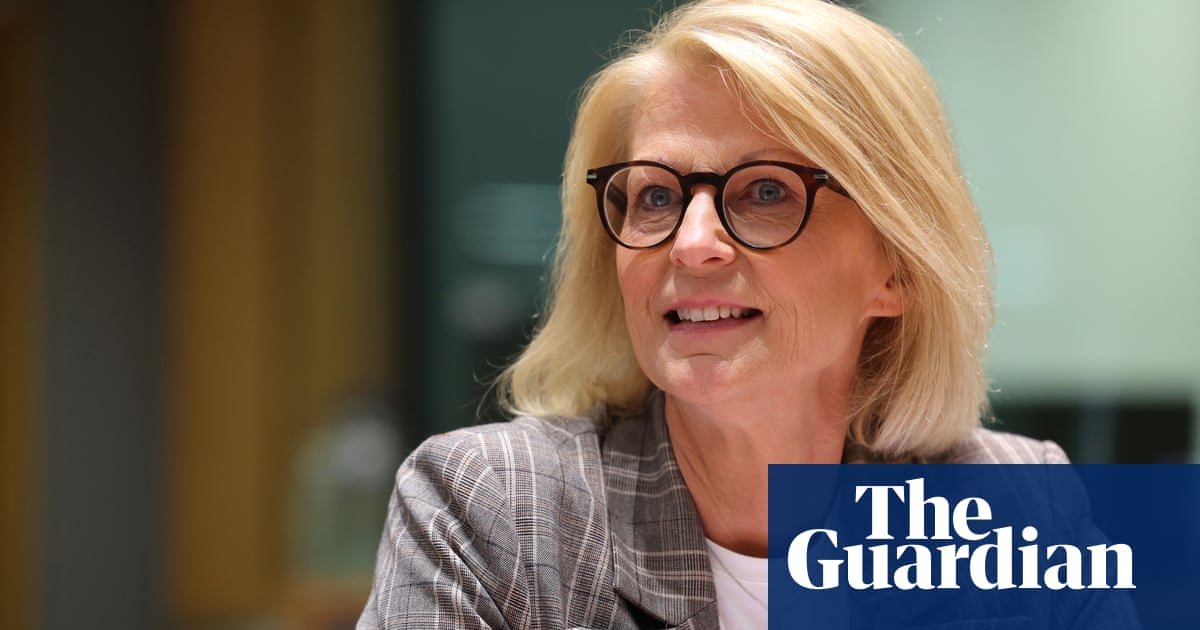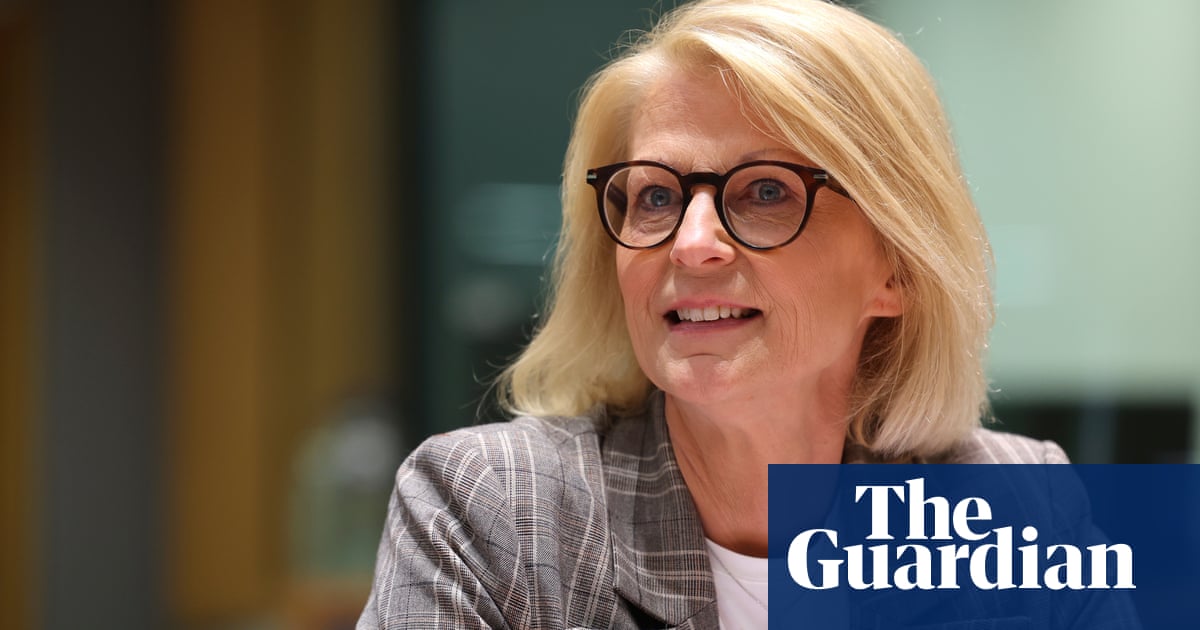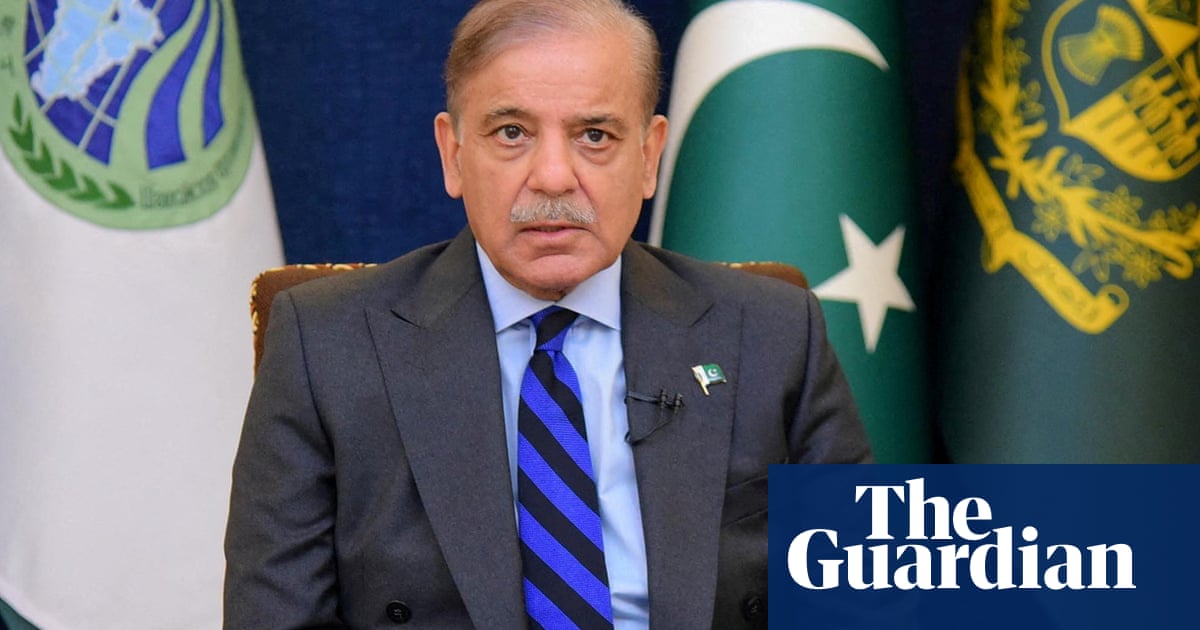
The Swedish government is facing a huge backlash – including threats of no-confidence votes against its climate minister – after slashing the country’s climate budget while admitting it will dramatically increase carbon dioxide emissions.
The minority-run coalition, which has been in power for just under a year, announced on Wednesday it would be cutting funding for climate and environmental measures next year by 259m krona (£19m) and introducing tax cuts on petrol and diesel.
While long-term emissions are expected to decrease by 2045, the government is now expected to miss its 2030 transport targets. By its own estimates, emissions will increase by 5.9m-9.8m tonnes of CO2 equivalents by 2030 as a consequence of government decisions made between 1 July 2022 and 1 July 2023.
The move has drawn comparisons to the UK, where Rishi Sunak this week also attracted condemnation after performing a significant U-turn on Britain’s climate commitments by pushing back the deadline for selling new petrol and diesel cars and the phasing out of gas boilers.
Since Elisabeth Svantesson, the Swedish finance minister, made the announcement, the government has faced heavy criticism from other parties – including from those within the ruling coalition, sources have told the Guardian.
Some commentators have suggested it could pull apart the prime minister Ulf Kristersson’s coalition between his own party, the Moderates, Christian Democrats and Liberals, dependent on the support of the far-right Sweden Democrats. But a government source rebutted such claims, saying the coalition was “cooperating very well”.
Rickard Nordin, the climate and energy spokesperson for the opposition Centre party, condemned the climate cuts, which he said were unprecedented.
Along with other parties, he said, he would do what it took to stop the budget and presented the government with an ultimatum. He said if it did not deliver a climate action plan before Christmas, they would issue the Liberal climate and energy minister, Romina Pourmokhtari, with a motion of no confidence.
“What has happened is that the Swedish government is consciously increasing emissions,” he said. “No Swedish government in modern times has consciously increased emissions. Few countries in the world have done that and it’s extremely serious.”
Swedish climate law required the government to reduce emissions, he said, and he planned to hold Kristersson’s government accountable.
Nordin said: “We are going to start by putting forward alternative proposals and use every tool we have in parliament to stop this.”
He accused the government of underestimating public and political strength of feeling on climate. “They have underestimated the explosive power in this, because in Sweden we have a united business community and citizens are screaming out for leadership on climate politics while the government is doing the opposite.”
Many blame the influence of the Sweden Democrats, which has members who have denied the climate crisis, for the Moderates’ shift in priorities. “When you sell your soul to a populist and nationalist party with plenty of climate deniers, this is the result,” said Nordin.
Mats Engström, a senior policy fellow at the European Council on Foreign Relations, said: “It’s clear it will be very difficult for Sweden to reach its climate targets. This is a national explosion of the tension since this government was founded.
“This must be really hard for the Liberals and Romina Pourmokhtari. But she is not the party leader – and for the party there may be other issues that are more important, like the school system.”
Pourmokhtari has so far stood behind the budget, telling Green party spokesperson Per Bolund in a debate on SVT that it was the “third largest budget ever for climate and environment” and would help Sweden reach its 2045 climate goals.
Engström said the developments in the UK and Sweden were part of a Europe-wide pattern. He said: “You have leaders and parties who are now criticising the previous climate policy for their elections and standing. This rhetoric and what Sunak said reflects what’s happening in Sweden.
“I know there are concerns in other European capitals about whether Sweden will stay a climate leader. I wouldn’t say it will totally destroy this reputation but it will fuel concerns in other parts of Europe that Sweden is changing its mind.”
As well as affecting Sweden’s international standing as a climate leader, which Engström said was already raising concerns in European capitals, it also has strong potential consequences on domestic attitudes.
Maria Xylia, a senior research fellow at Stockholm Environment Institute, said in Sweden the image of environmental leadership was for many a question of national identity. She said the government’s decision to scrap stadsmiljöavtal (the urban environment agreement providing sustainability support to muncipalities and regional authorities) was also a big problem.
While the government has pledged to replace it, she fears it will create a vacuum of resources in the meantime by creating uncertainty. “We have some very critical years coming up to 2030,” she said.
Fridays for Future, the youth climate movement started by the Swedish activist Greta Thunberg, said the budget was “a catastrophe” and “a big betrayal”, inviting people to join Friday’s national climate strike in protest.
Linna Gadde, a Fridays for Future spokesperson, said there was a lot of anger about the budget. She said: “The government is not meeting the situation as seriously as they should because we’re in an emergency. The budgets before have been bad but this one is even worse.”
The group is marking the end of its week of action on Friday, with a strike and protest march in central Stockholm. Gadde said Fridays for Future was expecting thousands to attend, and she expected the budget announcement to bring more people out. “We need to use our right to demonstrate to stand up for what’s right and show that people have the power.”












